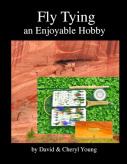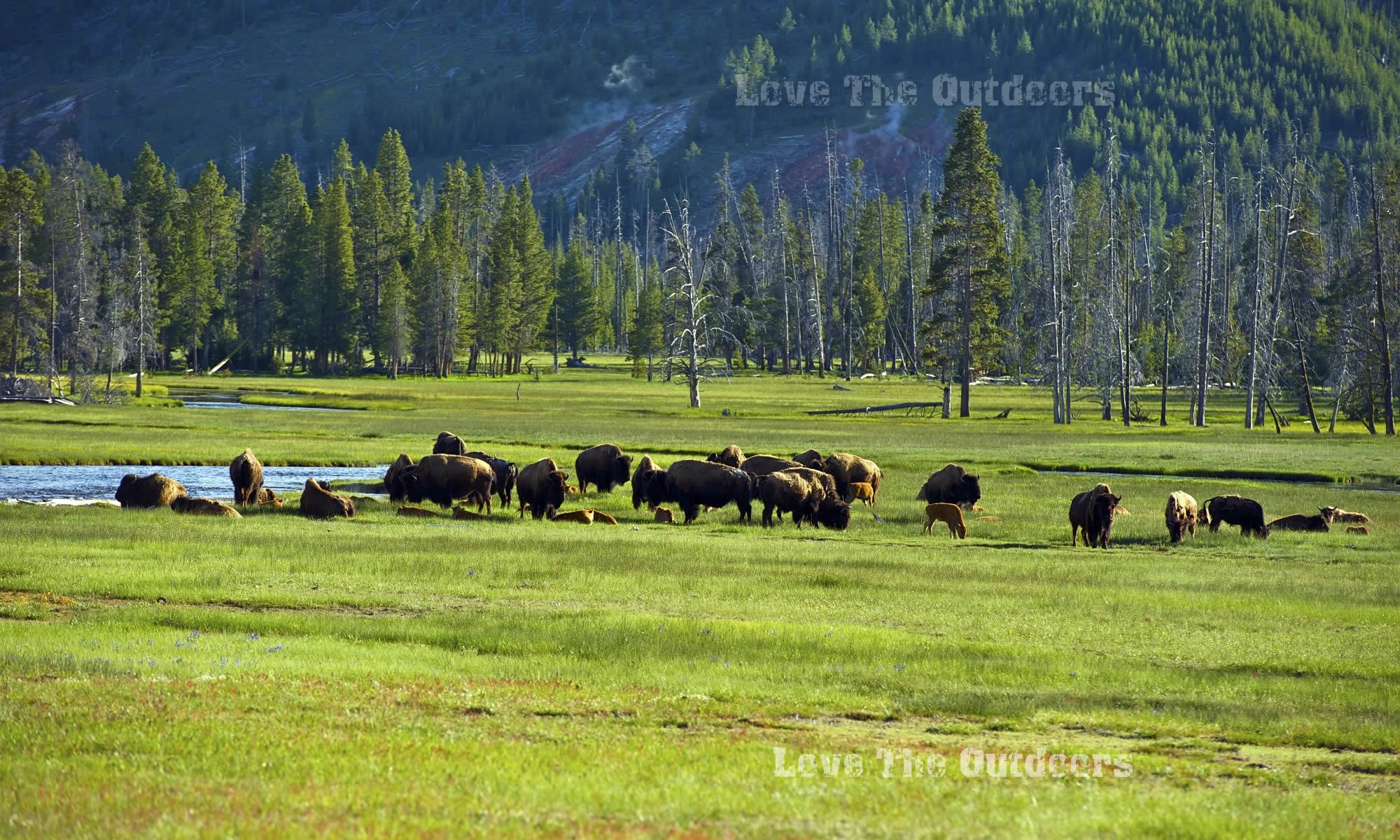Red Butt Skunk
| Fly Name | |
| Hook | 8-2/0 |
| Thread | black |
| Wings | white hair |
| Tails | red hair |
| Body | red chenille, purple mohair yarn |
| Hackle | purple guinea |


Wrap thread onto the hook shank from about 1mm behind the eye to the start of the hook bend. Tie in the hair tail material by making two loose wraps followed up with 3 to 5 tight wraps. Continue with additional tight wraps right to the base of the tail. Continue wrapping the hair forward to where the body is expected to end.

Tie in red chenille and make 1 wrap. Trim away excess chenille and tie in the mohair yarn adjacent to the chenille. Tie in ribbing material at the base of the tail. Advance thread forward to the end of the body.

Wrap yarn evenly and trim away the excess after securing it with 5 firm wraps.

Wrap ribbing material with even spaces forward from the tail base to the front end of the body. Usually 5 to 8 wraps are used. Tie off with 3 to 5 tight wraps.

Select yarn or hair and position it with tip ends rearward. If hair is used, clean away fuzz and short hairs.
Wrap with 2 loose windings followed up with 3 to 5 tight windings. After the loose wraps the wing can be repositioned or its length can be adjusted.
Pull excess base material upward and clip closely parallel with hook shank. Wrap wing bases with thread.
Place a drop of thin head cement to penetrate and to additionally secure wing.
Note: Wing should be slanted 45% backwards. If needed, tie in thread behind wing to reposition it upright.

Select hackle for size and stiffness. Tie in by base with two loose winds followed up with 3 to 5 tight winds. Convex side of hackle faces the fly's body
Evenly wrap hackle forward to the end of the body. If hackle is short or difficult to grasp use a hackle pliers, otherwise use your thumb and forefinger. Tie off hackle with 3 to 5 tight thread wraps. Either trim away excess or pull backwards and break stem off at windings.

Whip finish head with 4 to 8 turns. Pull tag end firmly and cut off excess thread. Place a drop of head cement on knot and allow it to penetrate both the thread base and hackle stems.

This is a good fly for steelhead during clear water and well lit conditions. Present it with the wet fly swing or the grease line method at the surface or just above the bottom.
I also like to change to this fly when I have just missed a fish on a darker pattern. This change seems to bring on a whole new bite.



© 2026 The Gale Group, Inc. All rights reserved.
© 2026 Perigee Learning LLC. All rights reserved.
LoveTheOutdoors.com is owned and operated by Advameg, Inc. © 2026 Advameg, Inc.
Camping Adventures • Dutch Oven Cooking • Sports Knots
Fly Tying • Freshwater Fishing • Fly Fishing

